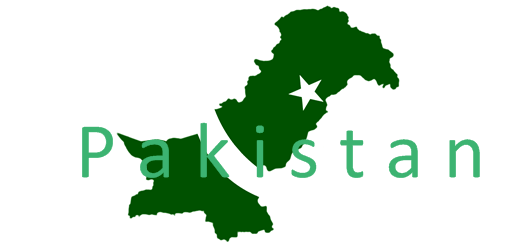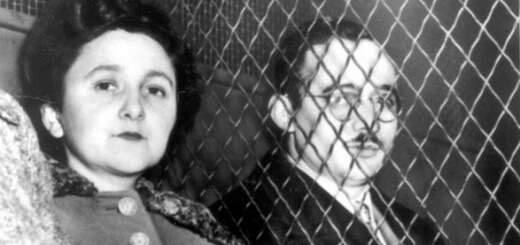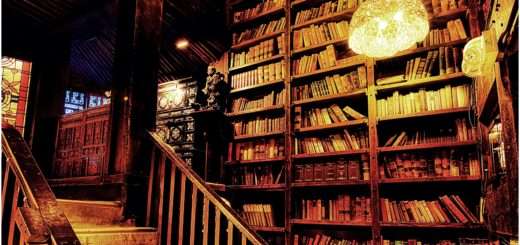People’s Verdict – By D. Syed
Nothing speaks of a nation’s values, and reflects its true character more than the will of ordinary men and women expressed at the ballot box. On February 18th, through the length and breadth of Pakistan, millions of Pakistanis exercised their most fundamental of civic rights, and reshaped the political
landscape of the country for years to come. The results reflect the true form of Pakistan ,and, yes, it may be a big surprise for the world. A left-of-center Pashtun nationalist party and Bhutto’s Pakistan People’s Party (PPP), the country’s largest secular and liberal-leaning political party, bags more than 60% of the seats in provinces neighboring Afghanistan. A near-sweep in the biggest province of Punjab by PML-N of the former Prime Minister Nawaz Sharif; Mr. Sharif had campaigned on such pristine issues as the restoration of independent judiciary and free media. And above all, an excellent turn out despite the threat of violence in a country that has been torn apart by a wave of terrorist attacks, including one that killed Benazir Bhutto only weeks ago. Pakistanis braved against all odds; and came together as a nation eager to participate in the political process even as the wounds of Bhutto’s assassination were fresh and threat of terrorism loomed large. In the posh suburbs of Lahore, well-to-do Pakistanis stood in line for hours to cast their ballot; a lot who has often stayed largely indifferent to electoral process. In villages surrounding the grave of Bhutto in the heartland of Sindh province, poor came out in huge numbers to turn their anguish into a verdict for Bhutto’s candidates. No matter how imperfect, the democratic process is the best ,and arguably the most universal ,means to give voice to the aggrieved and the voiceless. Yesterday, Pakistanis gave their verdict emphatically ,and signaled to the world that they too have the capacity and maturity to be one of world’s leading democracies.
Overall, the results show a strong performance by two of Pakistan’s biggest political parties. PPP and PML-N are poised to form a coalition government in the center; with PPP leading with the plurality of seats nationwide. President Musharraf-allied PML-Q is near-routed. The two parties are also likely to share governments in the country’s two main provinces: Punjab and Sindh. Same coalition governing the center and the provinces augers well for Pakistan’s stability. During the 90’s, much of the political instability was caused by friction between the federal and provincial governments, which were led by rival political parties. In the crucial province of the North-West Frontier Province, which borders violence-ridden tribal areas and Afghanistan, the government will be led by Pashtun nationalists ANP, which has been traditionally allied with the Pashtuns in Afghanistan; we can expect the Karzai government to warm up to ANP. President Karzai had often accused the former provincial administration led by a coalition of Islamic parties for not doing enough in curbing cross-border violence.
As political alignment gets underway for coalition-formation, the role of President Musharraf is equally crucial. Mr. Musharraf still holds widespread powers, including the power to dissolve the elected Parliament and the Prime Minister. After today’s elections and his leaving the army post late last year, much of his powerbase has been eroded. It is unclear whether the emerging coalition will work with Mr. Musharraf. Nawaz Sharif, who will be a major coalition partner, campaigned hard against Mr. Musharraf, and continues to challenge the latter’s legitimacy as President. Both PPP and PML-N are committed to restoring Pakistan’s constitution to its original parliamentary character; which means curbing presidential powers. Both will be under immense pressure from civic and human rights groups, and Pakistan’s lawyers to restore high judiciary deposed by Mr. Musharraf. Besides these contentious political challenges, the incoming government is faced with managing crippling inflation and commodities’ shortage; and a worsening law and order situation in the country.
Despite the challenges, the outcome of these elections provides an excellent opening for a way forward for Pakistan. The new leadership ,buoyed by people’s verdict for change ,must build the capacity to counter these effectively. Never before in the history of Pakistan has there been a coalition of near-equals in the center. Key political partners will need to develop and retain trust in an environment fraught with polarizing, competing interests. They will need to ensure improved governance ,and delivery of key campaign promises such as reducing unemployment, providing healthcare and education and meeting energy demands. There have been few other times more tumultuous in the history of the country than the recent years. Much of 2007 was lost in power politics. Pakistanis have voted for change and they would now expect the country’s leadership ,presumptive as well as incumbent ,to move quickly, focus on the people’s business, and take this nation forward.












